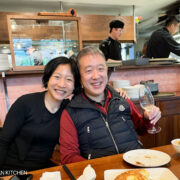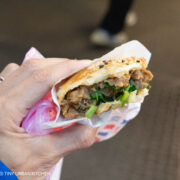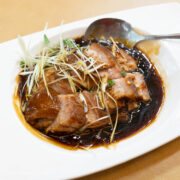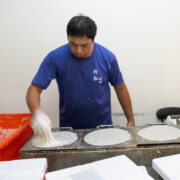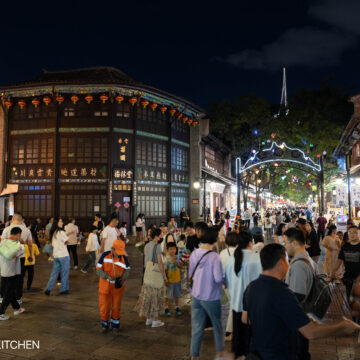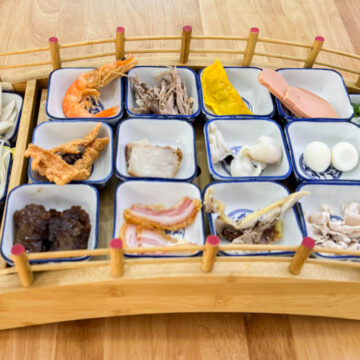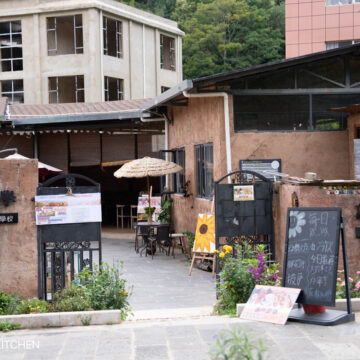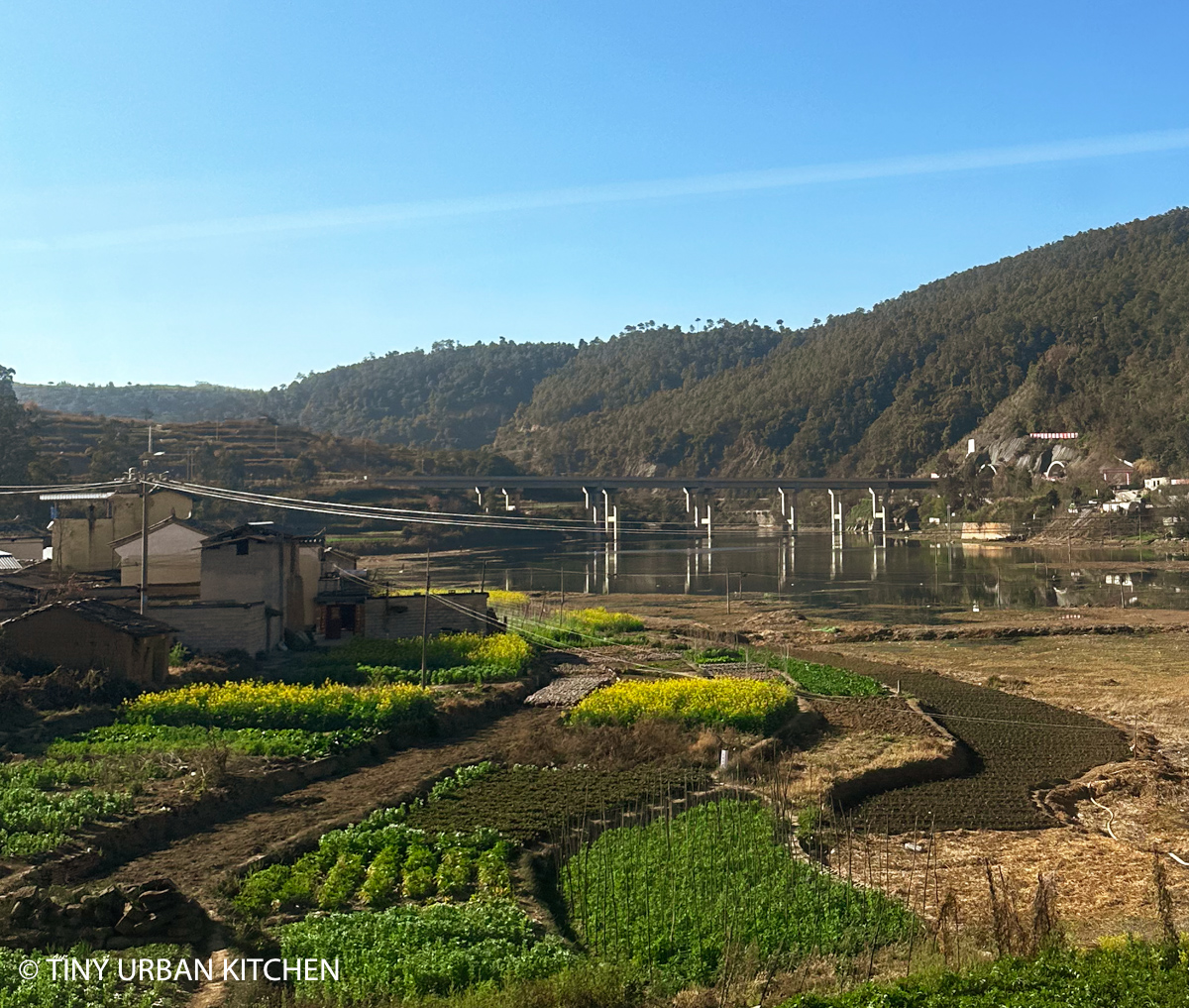
Traveling in Yunnan Province (the travel capital of China) during the Chinese New Year Holiday (the biggest annual migration of people in the world) after a sudden, hasty re-opening of China after three years of stringent Covid lockdowns . . . . is certainly not for the faint of heart.
We bravely took the necessary Covid PCR tests, fought valiantly (and won!) slots to cross the land border into Shenzhen, to travel throughout Yunnan Province during the Chinese New Year holiday.
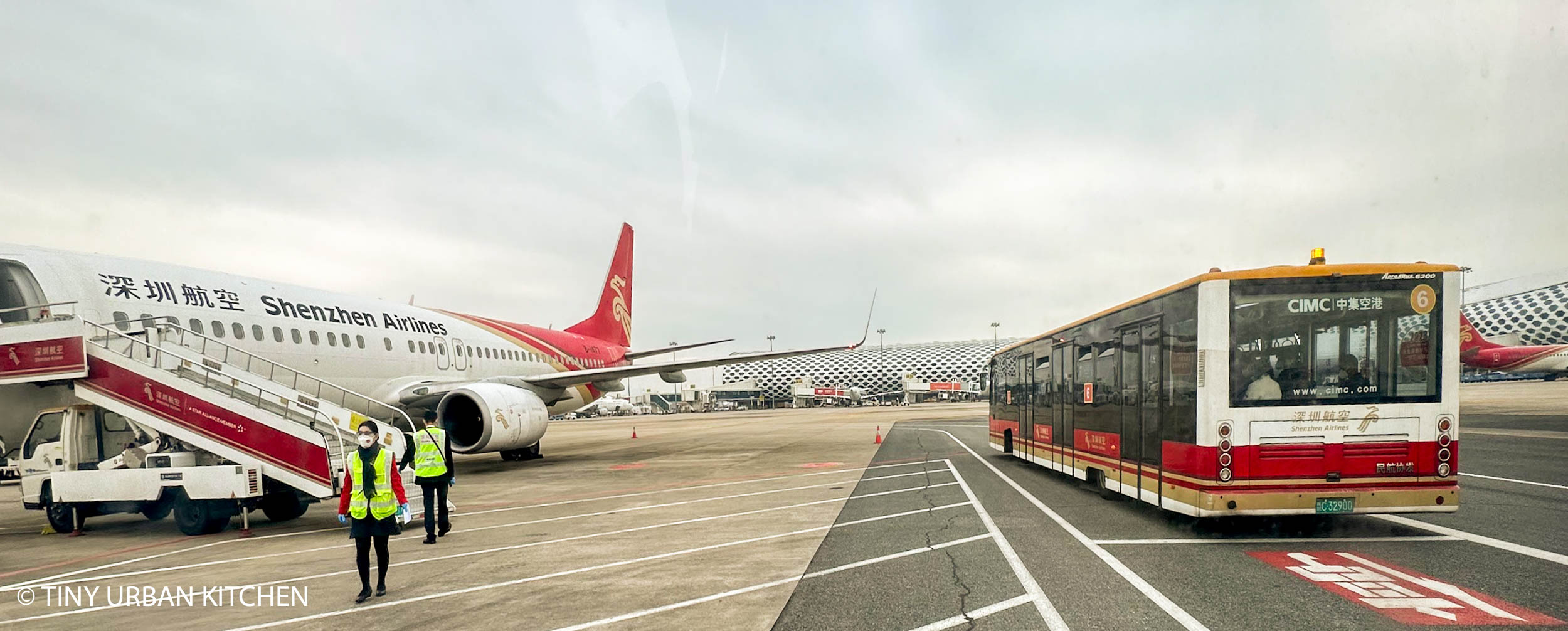
In China, most people get a whole week off during Chinese New Year. This is the most important holiday of the year, the one where *everyone* will try to travel home for the holidays to see family (not unlike a combination of Thanksgiving or Christmas in the US, though not quite the same).
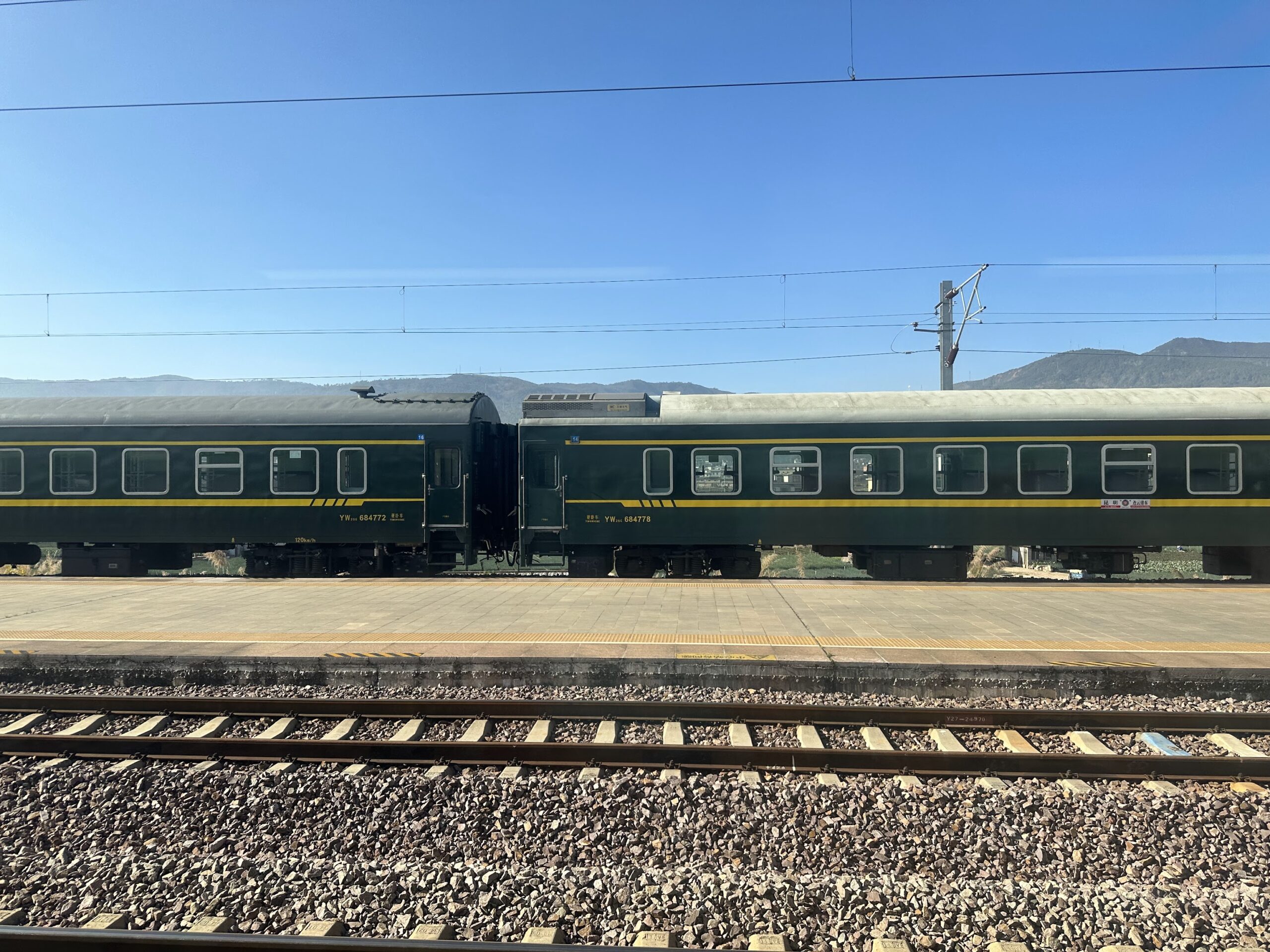
Trains become fully booked, transportation can be difficult to find, and it’s get CROWDED everywhere. A few days after the obligatory family visits are completed, many people decide to use the remaining holiday period to travel throughout China. Vacation destinations become jam packed with holiday makers. Hotels, trains, tour guides, and roads become nightmares to navigate.
As a foreigner, assuming you were able to get a visa to even enter China (not so easy at that time, easier now), there are still a myriad of obstacles to overcome when planning a trip in China.
Transportation
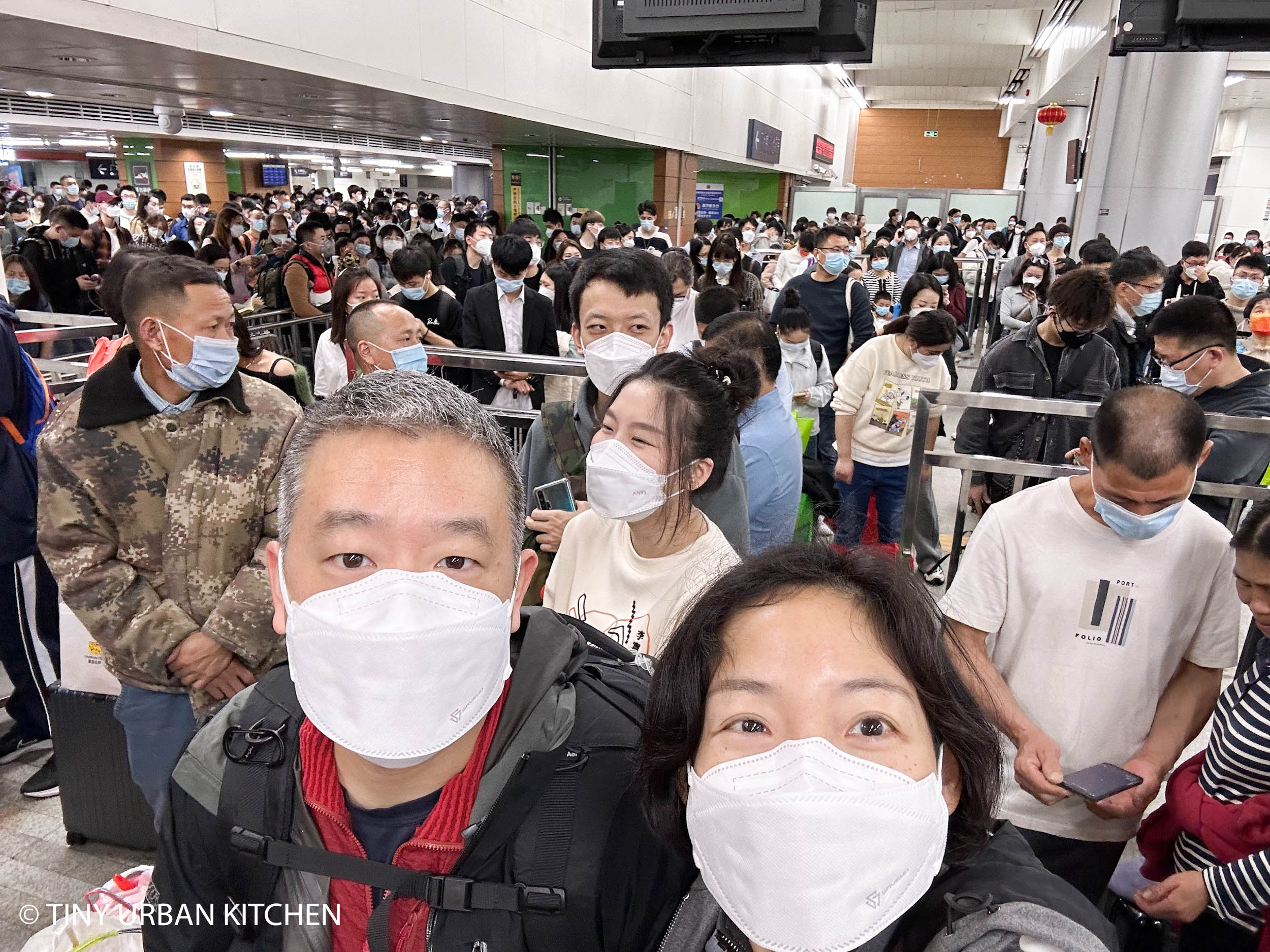
Buying Train Tickets Online
We ran into issues trying buy tickets online because we were not “in the system” as having verified that our name matched our ID card (in our case, our passport). This involved me having to physically go to a train station, show them my passport, and ask them to please “confirm” me. Once I was confirmed, my friend could help me buy tickets online. In short, it's hard to do anything in China without "registering" yourself within the big system using real IDs.
Entering the Train Station
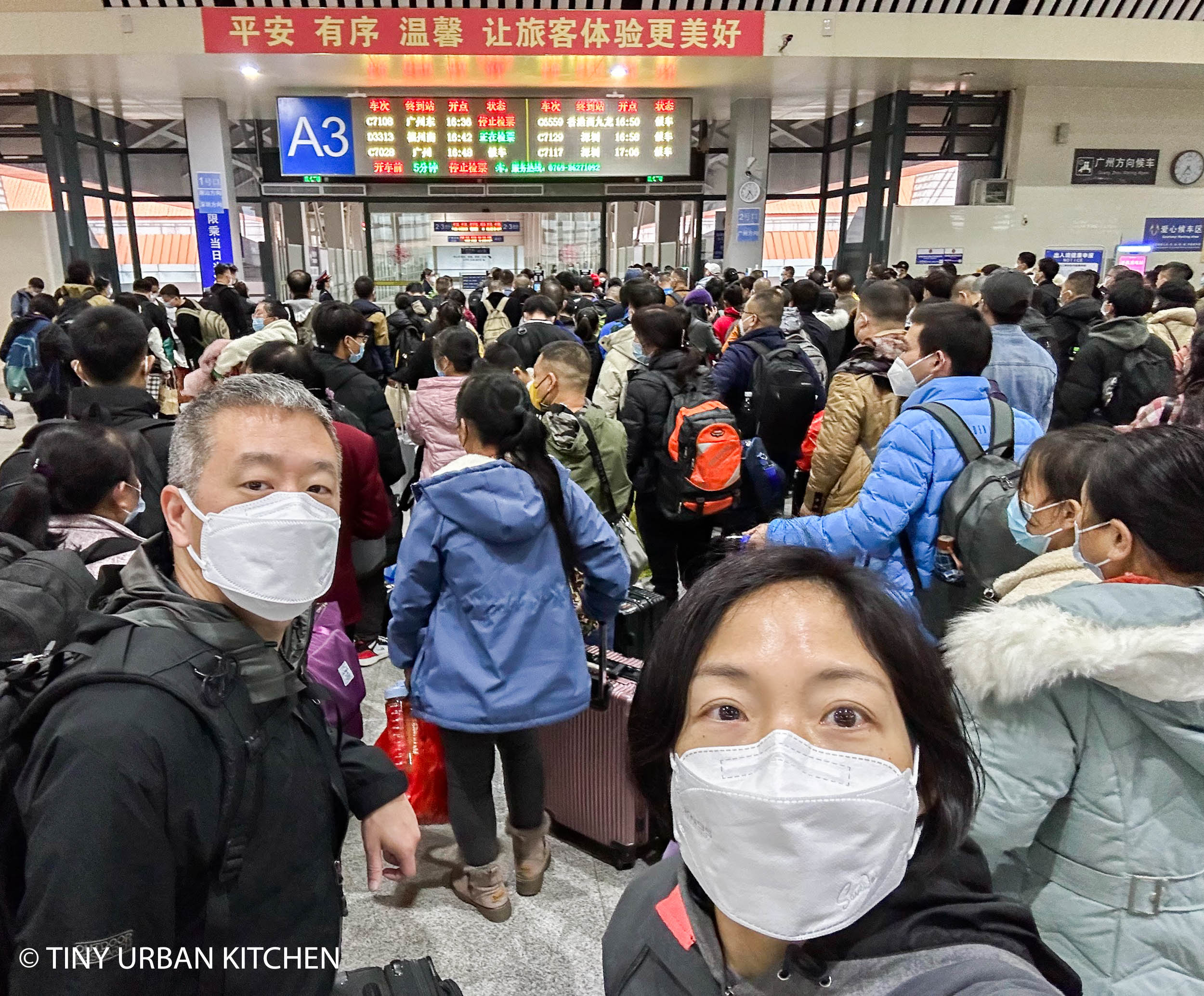
Train stations in China vary in their level of technology. The most advanced ones (like Shenzhen and Hong Kong, for example) have automatic machines that can read not only Chinese ID cards but also foreign passports. It might feel a bit freaky, but at those stations, all you need to do is scan your passport, let the machine “verify” your identify through a Face ID scan, and then you’re in. You don’t need to do anything else. The station knows which ticket you bought, and all you need to do is to get on the train. When you leave, the machine at the destination scans your passport and/or face again and lets you exit. It is eerily convenient.
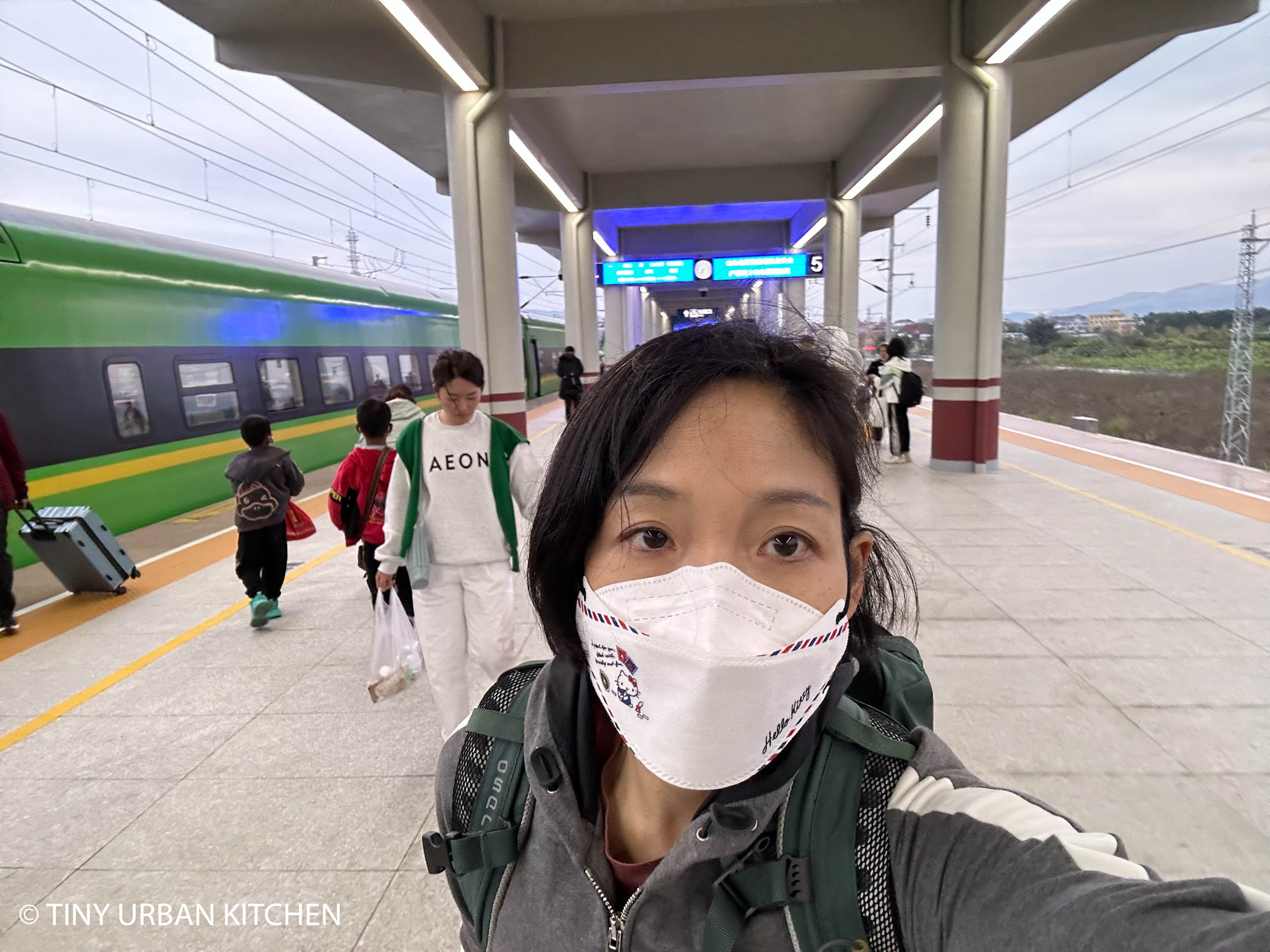
In lesser developed train stations (like some of the ones in Yunnan), foreigners need to go through a “Manual Lane” where a person processes your passport. Virtually everywhere in China the automated machines are already set up for the locals. In some train stations, the authorities let the foreigners go through the line first since the manual process takes longer. In other train stations, they let us both go through at the same time. In the latter case, the locals get through much faster since they just have to scan their ID card versus have a person manually process each passport.
No matter what, if you are a foreigner, give yourself extra time at the train station. Your process is likely going to take longer than that of a local.
Ordering a Taxi/Car
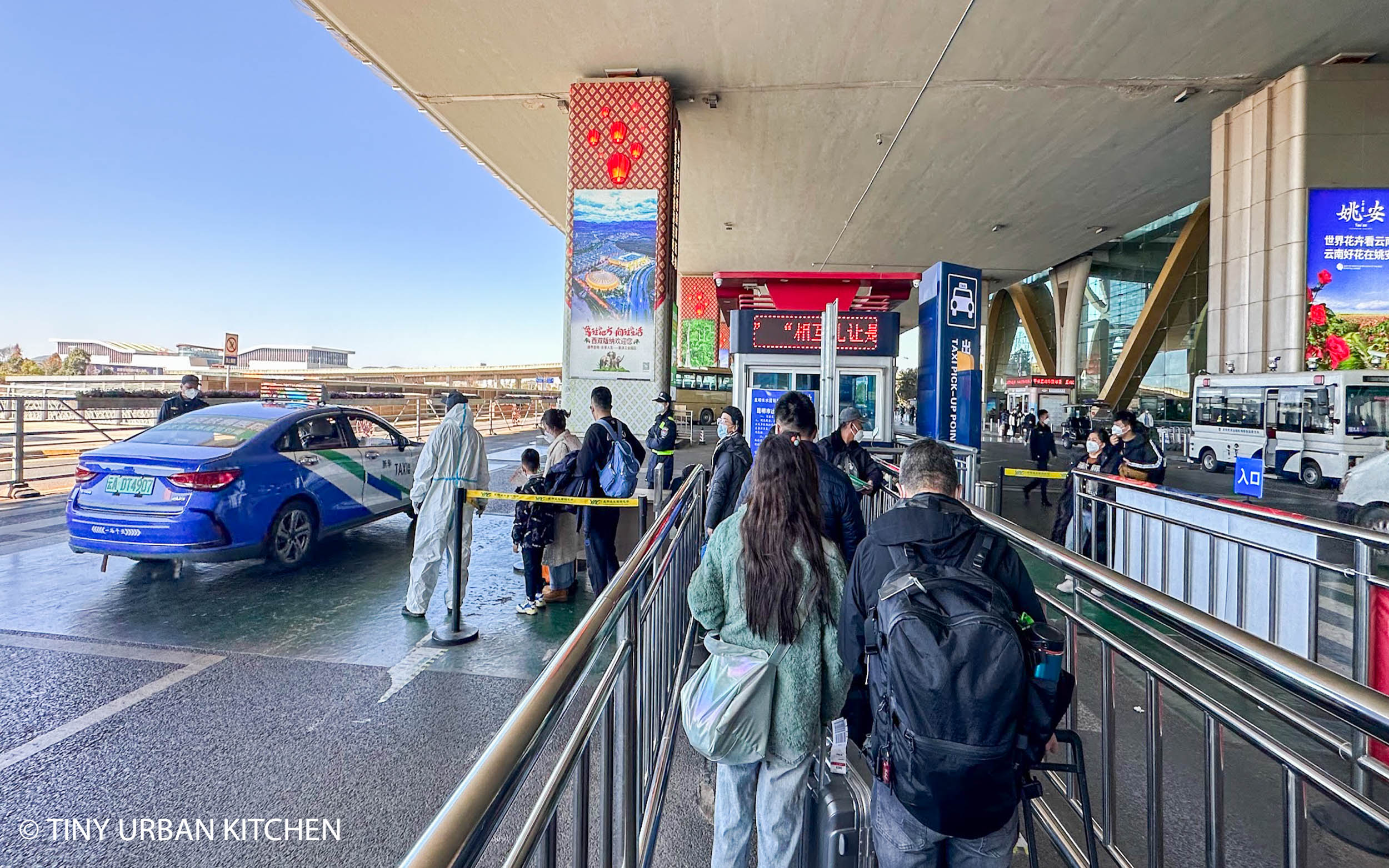
Uber doesn’t work in China, so you have to use one of their local apps, like Didi. There is an English version of the app (thank goodness!), but then payment is a bit of a pain if you don’t have WeChat or Alipay (which require funding from a Chinese bank account). My Didi app (which worked three years ago pre-Covid) somehow stopped working this time. I didn't have time to set it up again, and ended up taking the subway to the airport.
Even if you are able to get a taxi at a taxi stand, you'll have to confirm whether the taxi takes foreign credit cards. We've always paid via WeChat or Alipay. Which brings us to our next topic of payment . . .
Paying
China is virtually a cashless society, and everything is done on various different Chinese apps like WeChat or Alipay. The China Tour Pass from AliPay allows you to link an Alipay account with a credit card. The fee is a bit hefty (3%), but at least it allows you to transact in China. WeChat Pay also recently started accepting foreign credit cards, such as Visa. As such, it should be much easier to navigate China now than even just a few months ago. Still, you should download either WeChat or Alipay. Without one of these domestic payment apps, it's still very, very difficult to transact and just function in China.
Finding a Place in China to do a Covid Test for a Foreigner
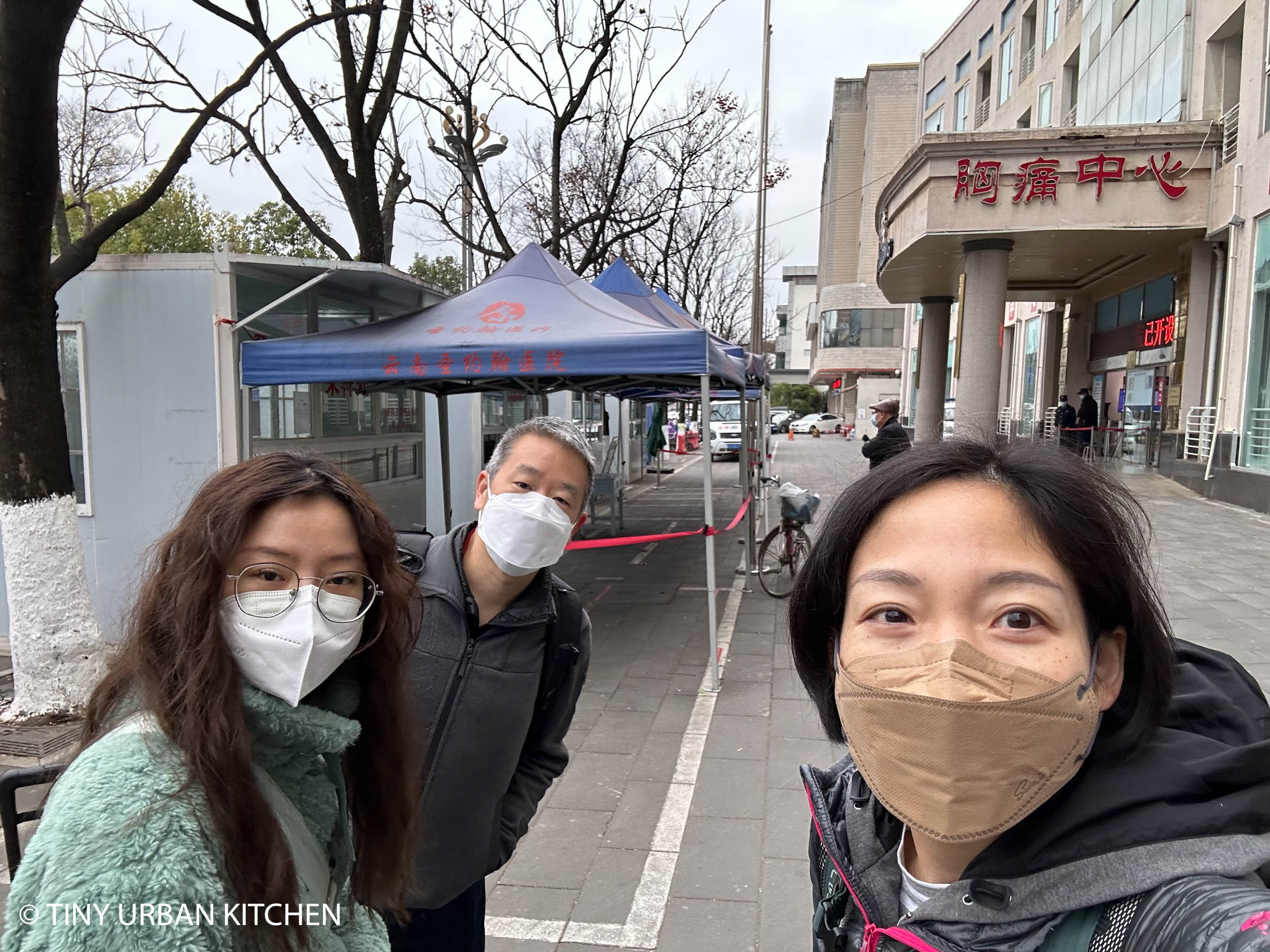
One of the most challenging issues I had to deal with was actually returning to Hong Kong after my multiple week trip in Mainland China. Hong Kong still required a negative Covid test taken within 24 hours of crossing the border. The problem was, Mainland China had just recently completely opened up, meaning all of a sudden, it was actually really, really difficult to find a Covid testing center. The testing centers that did exist were for the locals, meaning they would only service people who could provide a Chinese ID card and a Chinese phone number.
I actually visited THREE different testing centers in THREE different cities in my attempt to get a proper Covid test. Two days before, in Xishuangbanna (Yunnan), we stopped by one center, only to see that it was already closed for the day (they closed at noon!).
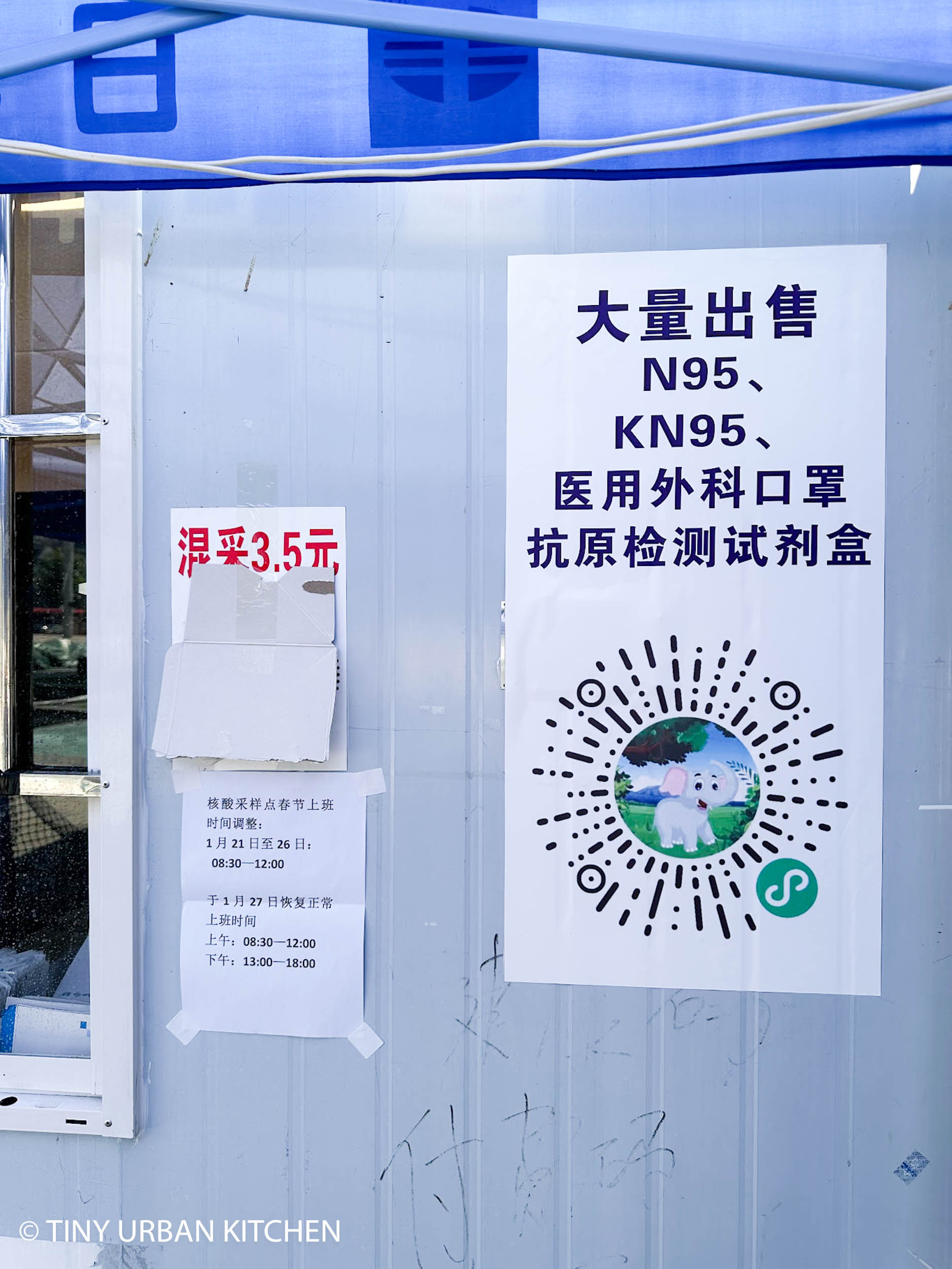
The next day we stopped by again but found out I wasn't eligible since I was a foreigner. Starting to panic, I called my friend in Kunming, (a bigger city with more foreigners). I was planning on going to Kunming in order to fly back to Shenzhen, so I'd be in the city for ONE DAY. She contacted a doctor friend who made some calls and finally managed to contact a hospital who would take a foreigner. I was in Kunming for only a day, but I was able to get the Covid test. One unexpected minor hiccup was that the Kunming clinic only took cash (???!). Thankfully, my travel buddy had some cash. Phew! You never know what problems might arise!
Unfortunately, I still wasn't in the clear, since the results would only be available "up to 30 hours later." The problem was, I wouldn't be in Kunming 30 hours later. I was supposed to be in Hong Kong by that time for my 10:30AM appointment! I couldn't afford to wait in China for another 30 hours before heading back to Hong Kong.
But I couldn't register to receive the results via text because I didn't have a Chinese phone number. At first my friend in Kunming offered to drive to the clinic, pick up the paper copy, take a photo, and text the results to me. We were hoping the border guards would be OK with a digital copy, not actual paper results! Finally, they let me register using my friend's number. Phew!
All we could do now was wait and hope the results came faster than 30 hours.
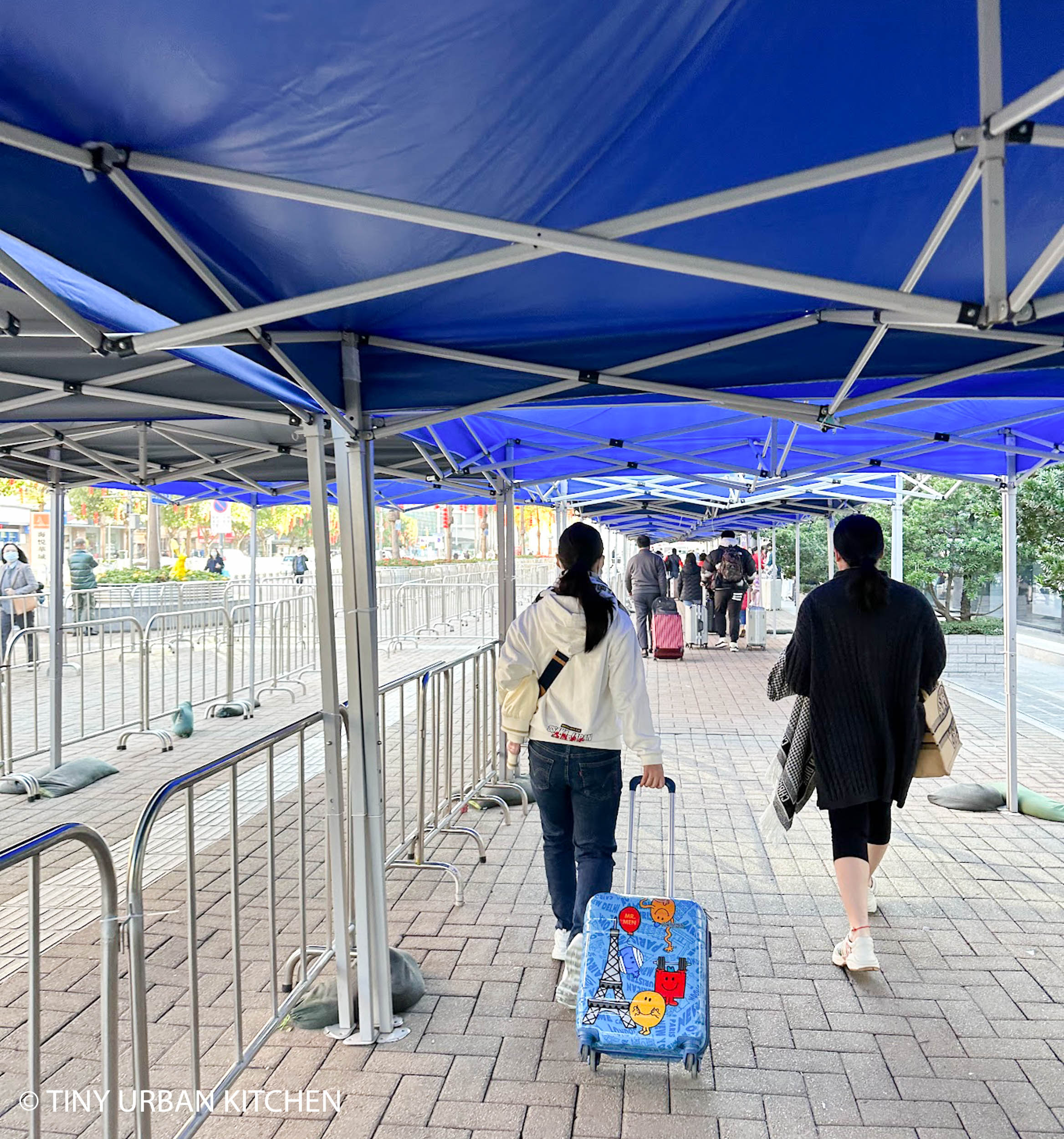
When I landed in Shenzhen from Kunming I decided to try a backup plan. I still had enough time to try and stop by an HKU (University of HK) clinic in Shenzhen (which promises results in 6 hours!). I figured they would accept foreigners. I was right that they accepted foreigners, but our taxi driver got lost and we ended up taking a 20 minute detour. Gahhhh! I literally arrived just a few minutes before they closed the line for that day's covid tests. Double Gahhh! Whyyyy??? They wouldn't let me in, and so I just had to pray that the Kunming results would arrive on time.
At 7:03AM the next morning, my friend messaged me and said "Congrats! The Report came out at 12:49AM." I was amazed. It took less than 12 hours!! I quickly packed my bags and rushed out the door, determined to try to get to Hong Kong as fast as possible to make my 10:30AM appointment.
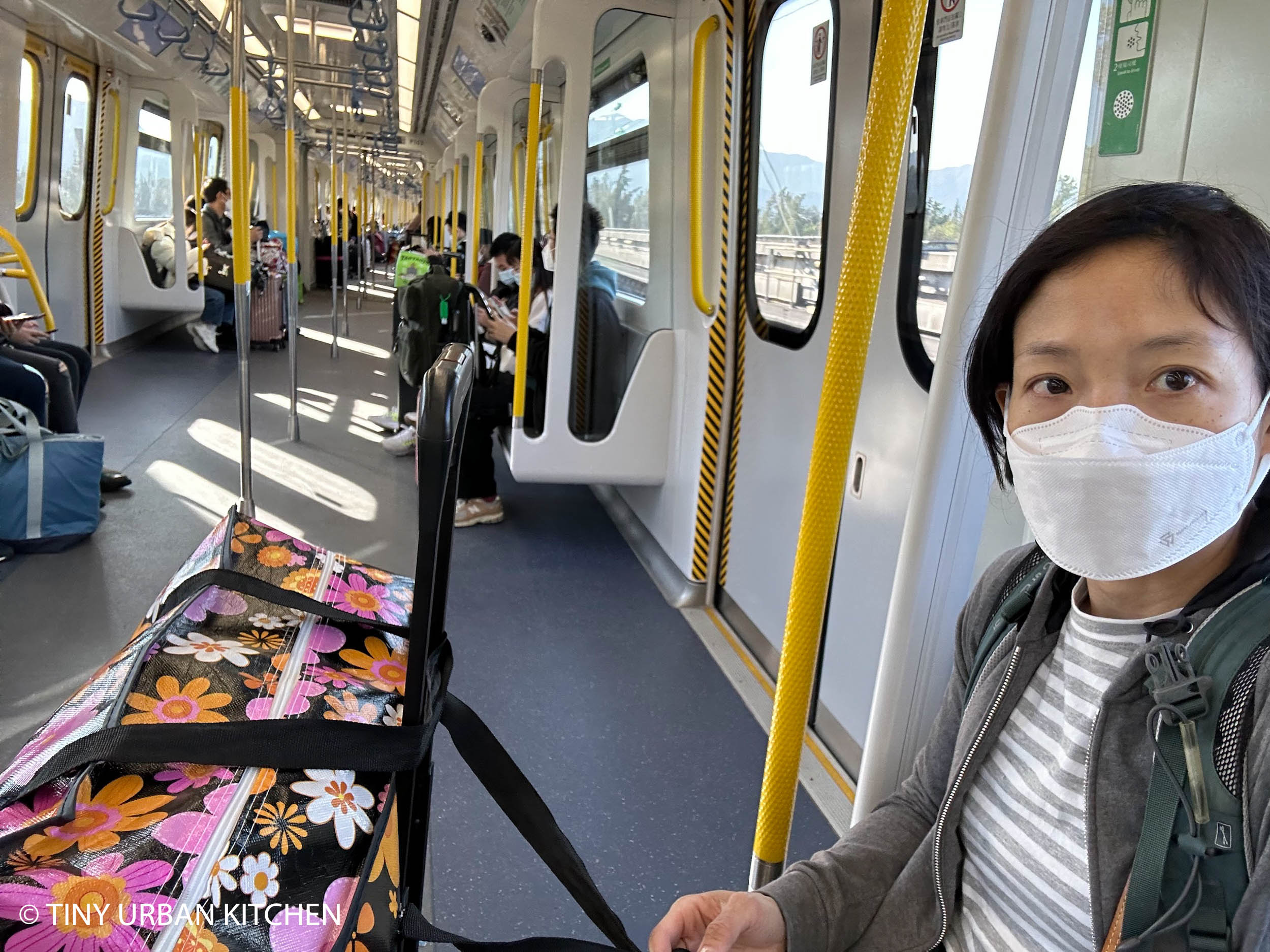
Can you believe it? After ALL that . . . I actually made it to my 10:30AM appointment in Hong Kong!
I share this story mostly for my own memory. Obviously all this is behind us now, and it's actually quite easy to travel to the Mainland from Hong Kong. However, I will never forget this insane "journey" of searching for a Covid test over three different Chinese cities. Looking back, it's almost comical just how crazy it all was! I still can't believe how insanely stressful it was just get across the border into Hong Kong.
So thankful those days are behind us!






